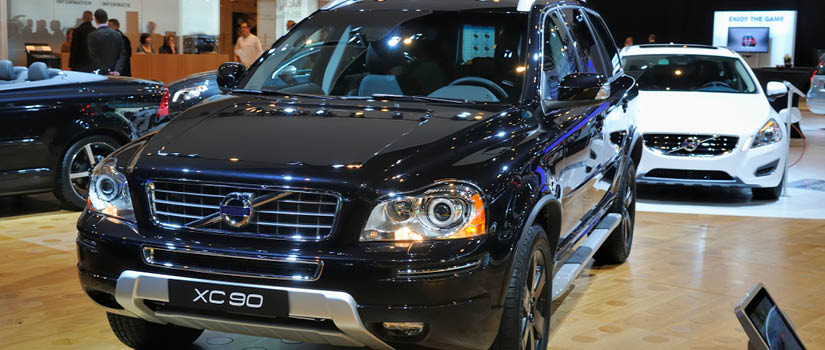Volvo is going public with an IPO in Stockholm, and the automaker intends to use the
proceeds from the IPO to finance its efforts to make all of their new vehicles electric
ones. The commitment essentially transforms Volvo into an electric vehicle company,
according to Volvo’s CEO.
With plans to build more electric models, Volvo brought one of its manufacturing plants
to Ridgeville, South Carolina, when they broke ground in September 2015. The plant
employs close to 1,500 workers, sits on 1,600 acres and includes a 2.3 million-square-foot
facility, according to the Volvo South Carolina factory webpage. While the Ridgeville plant currently produces the S60 mid-size sedan, Volvo plans
to begin producing its luxury electric XC90 sport utility vehicle there in 2022. With
the IPO and the dedication to eventually produce all electric vehicles, South Carolina
will likely see more jobs and ramped-up production as Volvo makes the eventual switch
to entirely electric vehicles.
With an emphasis on electric vehicles, Darla Moore School of Business economics associate
professor Tamara Sheldon focuses her research on environmental and energy economics and their interaction
with public policy. Her research specifically on electric vehicles has been published
in numerous academic journals. She has examined electric vehicle subsidies to encourage
consumers to purchase the more earth-friendly and sustainable option. She has also
researched cost-effective means to produce more low-emission vehicles.
Read below as Sheldon discusses the implications of the Volvo’s IPO and their commitment
to electric vehicles and how their company’s new direction could have a lasting impact
on sustainability in the automotive industry as well as on South Carolina.
How does Volvo going public with an IPO financially impact the automaker?
The IPO will help raise the capital needed for the investments to convert their new
vehicle offerings to all-electric. However, it will also make them beholden to shareholders
who may or may not have the patience or appetite for these longer-run investments.
What are the financial implications to eventually produce all electric vehicles as
Volvo has committed?
Transitioning to all EV production is a high-cost initiative and will require not
only investments in technology, manufacturing and workforce development but also dealership
training and new marketing strategies. The payoff is uncertain but potentially large
if Volvo can gain an early mover advantage.
For Volvo manufacturing plants like the one in Ridgeville, South Carolina, what effect
could the IPO and electric vehicle promise have on such a facility?
Not only will this likely add stable jobs to South Carolina, but it will also improve
skills and workforce expertise in the EV space, not only at the Ridgeville plant,
but also along the supply chain. This could position the South Carolina factory to
have a foothold in the EV industry going forward.
Why is there such a big push for electric vehicles now?
The Biden administration is targeting a 50 percent sales share for electric vehicles
by 2030, and China has even more ambitious targets. U.S. government policies, including
substantial consumer incentives in the last decade, have barely moved the needle on
electric vehicle market share. Volvo’s announcement — as well as similar recent announcements
by other automakers — in many ways marks a turning point. The full-scale commitment
of major auto makers to EV production suggests not only that such ambitious targets
may actually be feasible but also that the private sector might lead the way. Given
Volvo’s presence in South Carolina, this will likely give our state and workforce
a competitive advantage in a high-growth industry.
Darla Moore School of Business
- SC.edu
- Study
- Colleges and Schools
- Darla Moore School of Business
- About
- Press Room
- News and Announcements
- 2021 News Archive
- Volvo's public offering, commitment to electric vehicles could positively impact South Carolina
